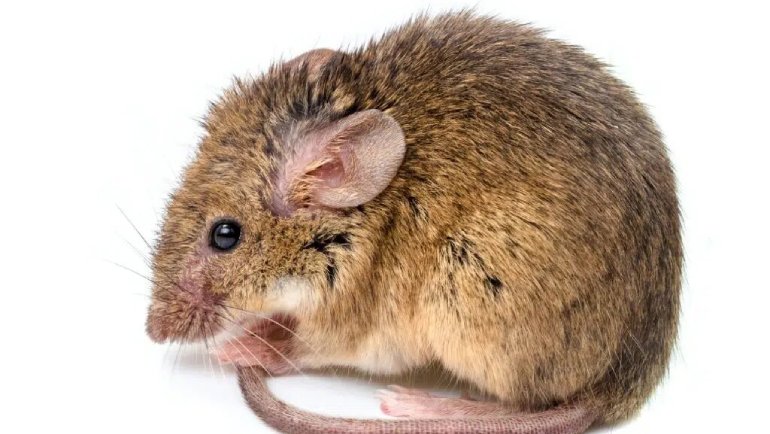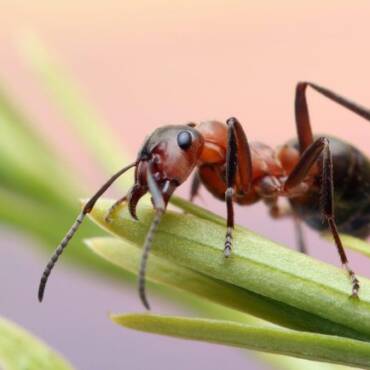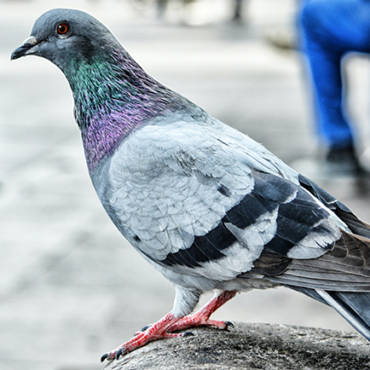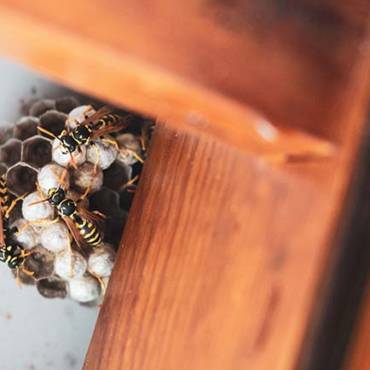Keeping Mice Away in Brighton Colorado
Mice infestations are a common problem for many homeowners, including those in Brighton, CO. These small pests can cause significant damage and pose health risks. Understanding what attracts mice to your home and how to keep them away is crucial for effective pest control.
Understanding mouse behavior is key to preventing and controlling mouse infestations. Mice are nocturnal creatures that seek food, water, and shelter. They are excellent climbers and can squeeze through tiny openings, making them difficult to keep out.
The Common Problem of Mice Infestations
Mice are more than just a nuisance; they can be a serious problem. A mouse infestation can lead to damaged property, contaminated food, and potential health hazards. These pests reproduce quickly, making it essential to address the problem as soon as possible.
- Damaged Property: Mice gnaw on various materials, including wood, wires, insulation, and personal belongings, which can cause significant structural damage and increase the risk of electrical fires.
- Contaminated Food: Mice can easily access and contaminate food sources, leading to waste and potential foodborne illnesses due to their droppings and urine.
- Health Hazards: Mice are carriers of various diseases and parasites, including hantavirus, salmonella, and leptospirosis, posing serious health risks to humans and pets.
- Rapid Reproduction: Mice can reproduce quickly, with a single pair capable of producing dozens of offspring in a short period. This rapid population growth can quickly escalate a minor issue into a major infestation.
- Allergies and Asthma: Mice droppings and urine can contribute to allergies and asthma symptoms, particularly in children and sensitive individuals.
- Fire Hazards: Chewing on electrical wires not only damages the home but also creates a significant fire risk.
Understanding What Attracts Mice
Mice are attracted to your home for several reasons:
The Lure of Food Sources
Mice are opportunistic feeders. They will eat almost anything, including crumbs, pet food, and garbage. Keeping food sealed and stored properly can help deter them.
The Appeal of Shelter and Warmth
Mice seek out warm, cozy places to nest. This includes attics, basements, and inside walls. Providing fewer nesting opportunities can make your home less attractive.
The Draw of Water and Moisture
Like all creatures, mice need water to survive. Leaky pipes, standing water, and other moisture sources can attract them.
Common Entry Points for Mice
Mice can enter your home through various openings:
Gaps and Cracks in Walls and Foundations
Even the smallest crack or gap can be an entry point for mice. Regularly inspect and seal any openings in your home’s exterior.
Openings Around Windows and Doors
Ensure that windows and doors close tightly and that any gaps are sealed. Weatherstripping can help keep mice out.
Vents, Chimneys, and Utility Lines
Mice can enter through vents, chimneys, and around utility lines. Install mesh screens and seal gaps to prevent entry.
Signs of a Mouse Infestation
Identifying an infestation early can prevent further problems:
Visible Droppings and Urine Stains
Mouse droppings are a clear sign of an infestation. You might also notice urine stains along their pathways.
Gnaw Marks and Nests
Mice gnaw on materials to keep their teeth sharp. Look for gnaw marks on furniture, wires, and walls. Nests made of shredded paper or fabric are another indicator.
Strange Noises in Walls and Ceilings
Hearing scratching or scurrying sounds, especially at night, is a strong sign that mice are present.
Dangers of Mice Infestation
A mouse infestation can have serious consequences:
Health Risks from Diseases and Parasites
Mice carry diseases and parasites that can affect humans. Contaminated food and surfaces pose health risks.
Structural Damage to Your Home
Mice gnaw on wires, insulation, and wood, causing potential fire hazards and structural damage.
Contamination of Food and Surfaces
Mice contaminate food and surfaces with their droppings and urine, leading to unsanitary conditions.
Preventative Measures to Keep Mice Away
Taking proactive steps can help keep mice out:
Sealing Entry Points and Cracks
Regularly inspect your home for potential entry points and seal them with caulk or steel wool.
Proper Food Storage and Waste Management
Store food in airtight containers and dispose of garbage regularly. Keep pet food sealed and off the floor.
Maintaining Clean and Clutter-Free Spaces
Keep your home clean and free of clutter, reducing hiding spots for mice. Regularly vacuum and sweep floors.
3 Effective Mice Pest Control Methods
If you already have a mouse problem, consider these control methods:
1. Traps: Types and Placement
Snap traps, glue traps, and live traps can be effective. Place them along walls and in areas where mice are active.
2. Poison Baits: Use and Safety Considerations
Poison baits can be effective but must be used with caution, especially around children and pets.
3. Electronic Repellents and Ultrasonic Devices
Electronic repellents emit sounds that deter mice. While effectiveness varies, they can be a useful part of a comprehensive pest control strategy.
When to Call Professional Pest Control in Brighton CO
Sometimes professional help is necessary:
Assessing the Severity of the Infestation
If the infestation is severe or persists despite your efforts, it’s time to call in the professionals.
Benefits of Professional Mice Pest Control Services
Professional pest control services like Bee Smart Pest Control have the expertise and tools to effectively eliminate infestations.
What to Expect During a Professional Inspection and Treatment
Professionals will inspect your home, identify entry points, and provide a comprehensive treatment plan.
Long-Term Strategies to Prevent Reinfestation
Keeping mice away requires ongoing effort:
Regular Home Inspections and Maintenance
Schedule regular inspections to catch and address potential issues early.
Implementing Ongoing Pest Control Measures
Consider ongoing pest control services to maintain a mouse-free home.
Educating Family Members on Best Practices
Teach your family how to keep the home clean and free of attractants to prevent future infestations.
Bee Smart Pest Control in Brighton Colorado
Understanding what attracts mice and taking preventative measures can keep your home mouse-free. Stay vigilant and proactive to ensure your home remains a safe, healthy environment.
Contact Information for Professional Pest Control Services
For expert mice pest control services in Brighton, CO, contact Bee Smart Pest Control. We specialize in keeping your home free from pests.
Regular maintenance and professional help when needed can keep your home mouse-free all year long.
Mice Pest Control FAQs
What attracts mice to my home?
Mice are attracted to food sources, shelter, warmth, and moisture. Crumbs, pet food, and garbage can lure them in, while gaps and cracks in your home provide entry points.
What are the dangers of a mice infestation?
A mice infestation can cause health risks from diseases and parasites, structural damage to your home from gnawing, and contamination of food and surfaces with droppings and urine.
How can I prevent mice from entering my home?
Seal entry points and cracks, store food properly, manage waste efficiently, and maintain a clean, clutter-free environment to make your home less attractive to mice.
What are the signs of a mouse infestation?
Common signs include visible droppings, urine stains, gnaw marks, nests made of shredded materials, and strange noises in walls and ceilings, especially at night.
When should I call a professional pest control service?
If you notice signs of a severe infestation, or if DIY methods aren’t working, it’s time to call a professional pest control service like Bee Smart Pest Control for a thorough inspection and treatment plan.
What long-term strategies can help prevent mice from returning?
Regular home inspections, ongoing pest control measures, and educating family members on best practices for maintaining a clean and sealed environment can help prevent reinfestation.




